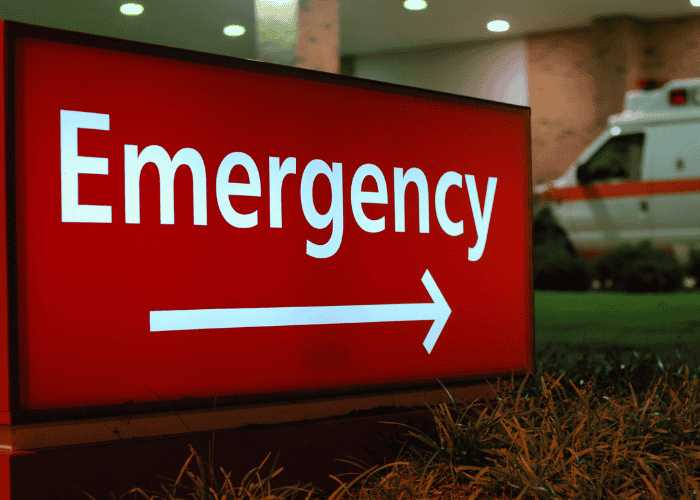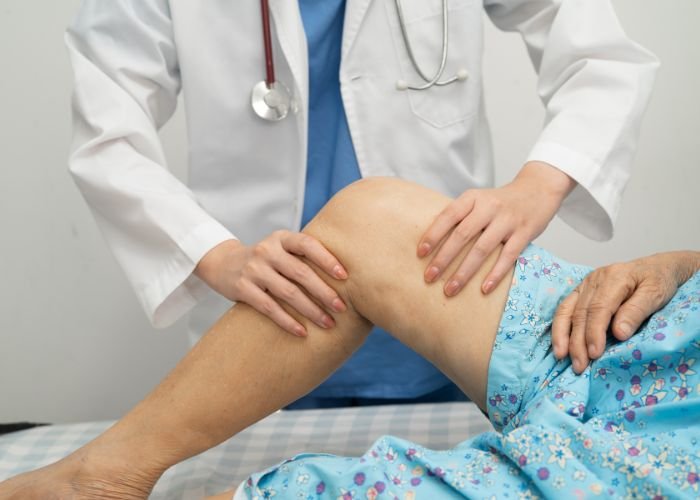Importance of Regular Health Check-Ups
In today's world, everything is fast and demanding perfection. If any serious issue arises in the body, then it comes to notice very late because of the fast-paced world. Late diagnosis of the issue should cause serious conditions for the visiting doctor. Treatment of serious issues is complicated because healthcare costs are higher. Regular Health Check-Ups make an important part of Preventive Health Care, offer an active approach which helps in maintaining a healthy life, and provide early notice of the problem, and also help in the prevention of problems from changing into serious issues.
Whether you are in your 20s or your 70s, the Benefits of Health Check-Ups should be known because it's compulsory for all. From the occurrence of health issues or entering any silent disease, visiting to hospital and investing in your health is a big benefit for your future. This type of guide helps in explaining Why Health Check-Ups Matter, who should provide you, and what you should expect when you go for them.
Who should go for regular health check-ups?
The truth is that everyone should visit at regular periods for check-ups because it's part of life. This is not reserved for ill persons but available for people who want to live a healthy life, early detect risk, and take suitable steps.
- Teenagers and children: to measure growth, which helps in development and vaccination scheduled checks, properly.
- Young individuals: to make a record of their health personally, early detection of any warning signs, and help in the development of healthy habits.
- Middle-aged individuals: lifestyle diseases should undergo a proper check-up for high BP, heart issues, and diabetes.
- Senior individuals: age-related issues like problems in vision, arthritis, and memory problems, which help in proper treatment with an accurate check-up.
- Chronic condition individuals: treatment record helps in proper adjustment of medication and prevention of complications.
What are Health Check-Ups regularly?
When a regular health check-up is scheduled, help in medical assessment should be done every six months and maintain the overall health, and we provide expert guidance that is compulsory for patients because that maintain wellness properly within an affordable range.
Benefits of a health check-up
- Early detection of disease with the development of symptoms
- Prevention is better than cure also helps in lowering the cost of healthcare
- Existing health issues also detection of better control over the problem
- A unique profile of health offers is advised personally.
- The main foundation of process detection of illnesses like diabetes, cancer, and heart disease is progressing in recent years. Regular check-ups help in finding diseases and when they should be managed.
Why are health check-ups compulsory?
A symptom-free person, you can call him healthy, but unfortunately, serious conditions also matter because regular check-ups create a better chance of early detection of serious issues. Why does this matter
- Diagnosis acts as a lifesaver
- Issues like heart disease, kidney problems, and cancer have better outcomes and early detection of disease.
Importance of Regular Health Check-Ups
We have understood by now that Regular Health Check-ups are vital, and timely following such schedules can keep us away from dangerous and harmful diseases, but again, what are the preventive measures required? Let us see. Prevention is better than Cure, the proverb that speaks it all. Then, be it adults or children, various diseases can come off without any prior intimation to individuals.
Here is a list of Preventive Health Care measures:
- Full Body Check-ups: The most prominent and beneficial method to avoid any disease and to identify any underlying issue in the body is via timely Full Body Check-ups. The blood tests help understand the current situation of the body and reveal any vitamin or mineral deficiency, if any. After proper recommendation by a physician, take Vitamins or Minerals via capsules or food as directed.
- Vaccinations & Medical Assistance: Once the blood reports are obtained, follow up with a medical practitioner and get correct medical assistance by undergoing vaccinations and other medication to eliminate the possibility of any harmful disease.
- Diet Regularization: May it be cholesterol, heart ailments, obesity, or blood pressure issues, a proper diet is the key to preventing indigestion, fats, and bad cholesterol, as well as irregular hormonal activity in the body. A proper diet can help in maintaining the correct body weight, mass, and index (BMI), which keeps an individual mentally and physically healthy. Avoid foods that contain trans fats, avoid tobacco, and any unhealthy addiction that can lead to serious health issues.
- Rest and Relax: Today's dynamically changing world has many things to offer other than leisure time and a relaxed mind. Every individual nowadays leads a disturbed eating habit as well as sleeping habit, which in turn changes the mood and the immunity of a person. Try not to make it your lifestyle. Even though leading a busy schedule, indulging in mental exercises and physical exercises like going to the gym, walking, or yoga just for 30 minutes can refresh your mind. Healthy habits start with a firm determination.
FAQs:
Q1. What is a regular health check-up?
Ans: Regular checkup is a healthy way of dealing with your body to understand and avoid future ailments.
Q2. Why are regular health check-ups important?
Ans: Regular health check-ups help you to monitor your body health and maintain a healthy lifestyle.
Q3. What tests are included in a routine health check-up?
Ans: A Routine health check-up includes Blood tests, Cancer screening, Lipid profile, Diabetic Care, Thyroid Detection, Hormonal Functioning, and many more.
Q4. Are health check-ups only for people who are sick?
Ans: This is a serious myth. Health Check-ups are not only for sick people, but they are also conducted to determine the health status of an individual to avoid sickness.
Q5. How long does a check-up take?
Ans: Check-ups usually don't take more than 24 hours, in some cases more than 1 day, as scheduled by the physician according to the doctor's availability.
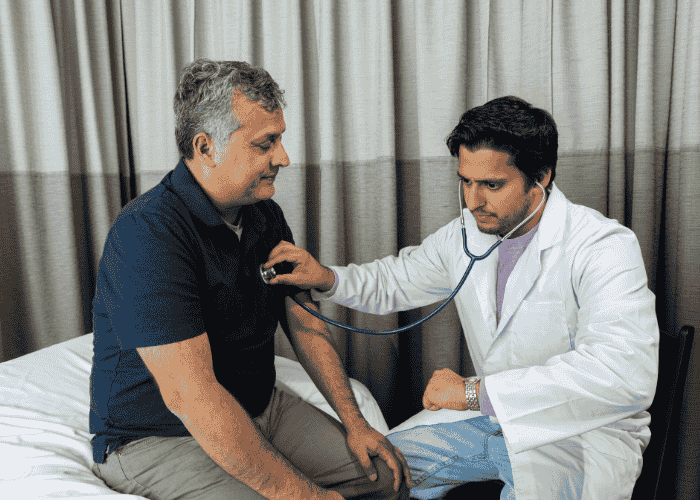
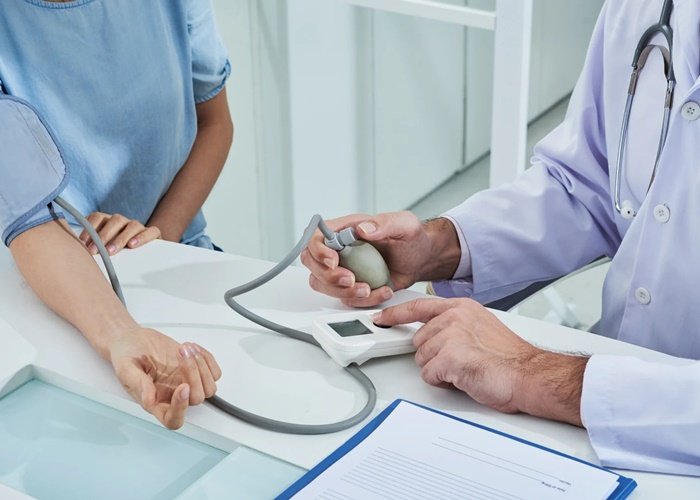


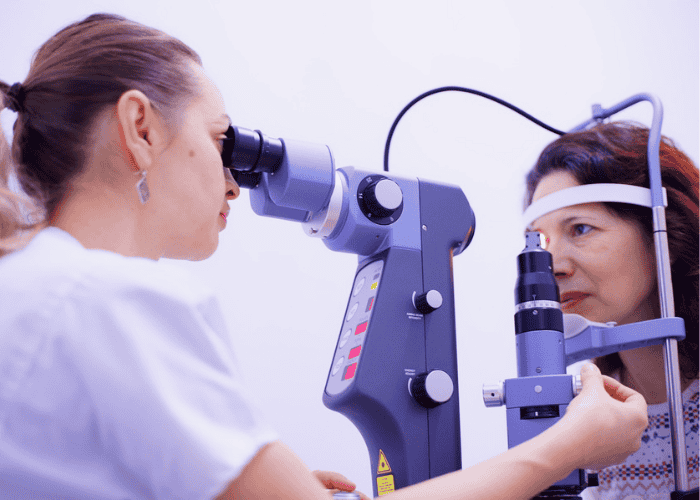

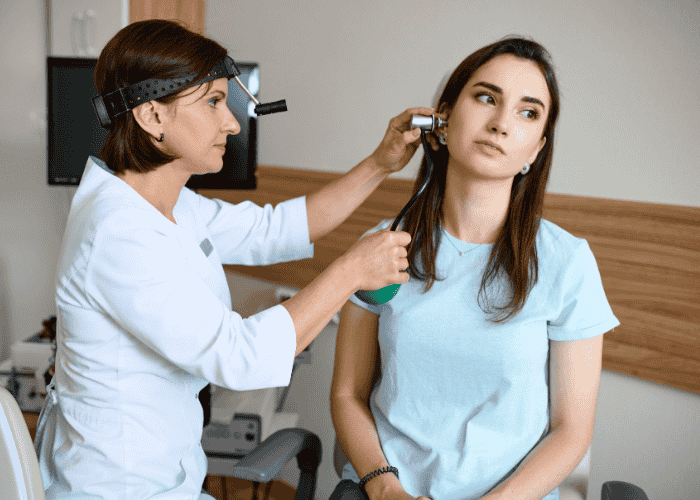


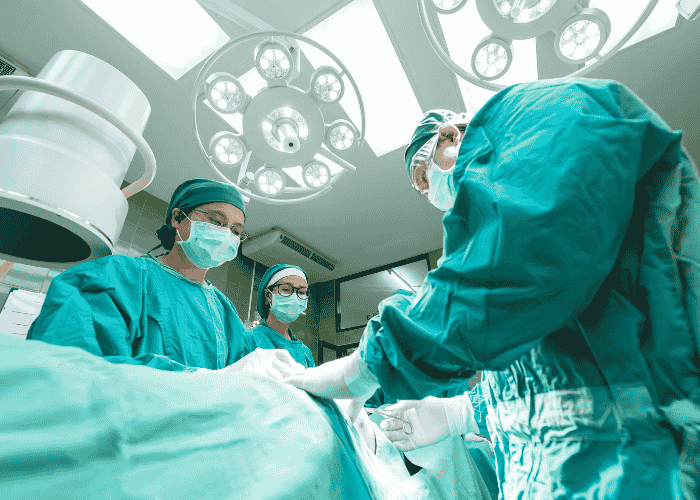
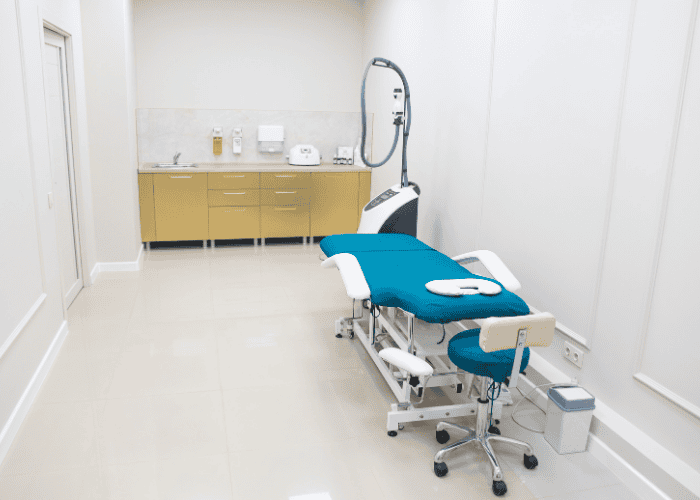
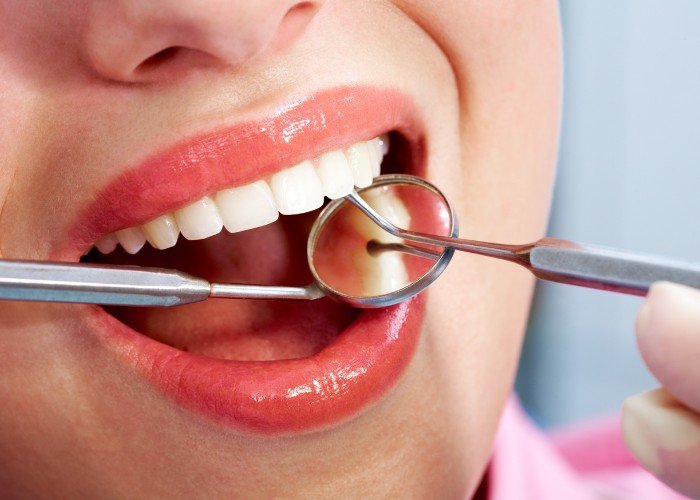







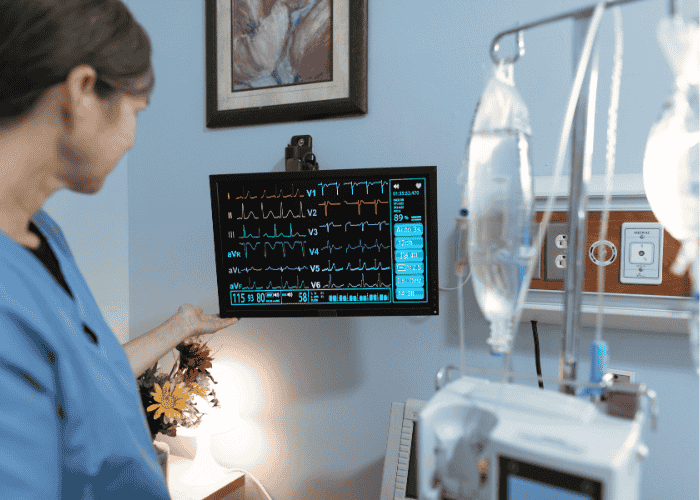




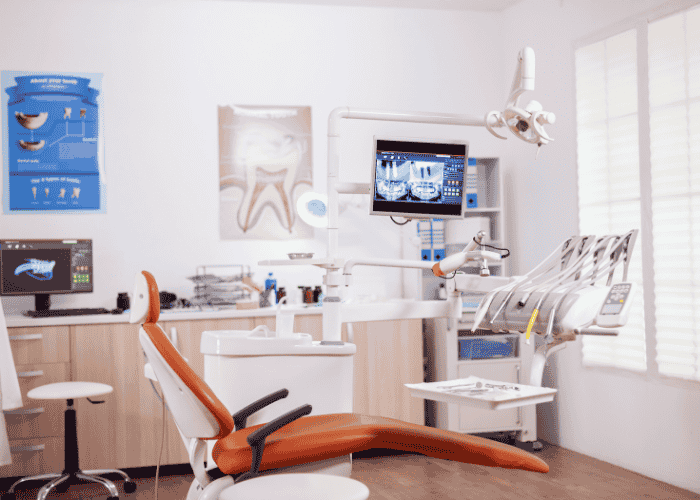
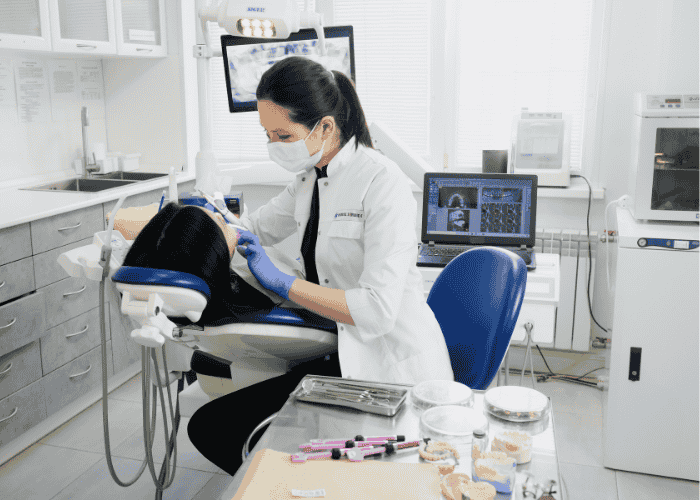
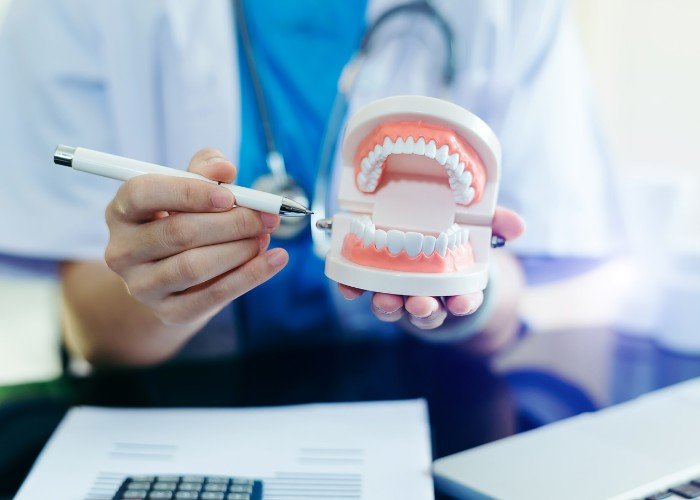
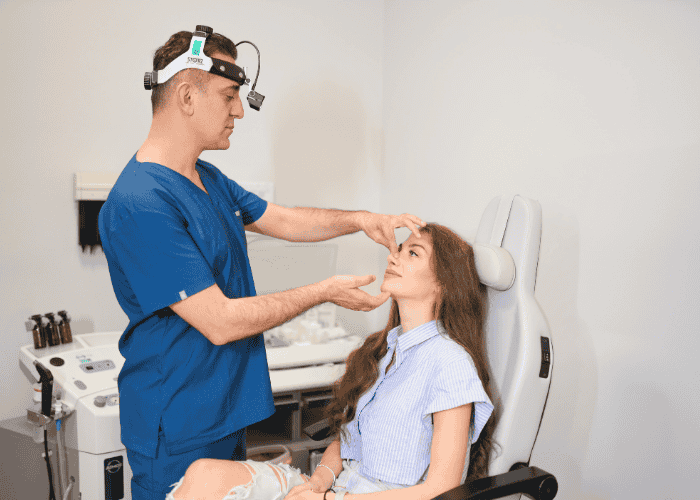

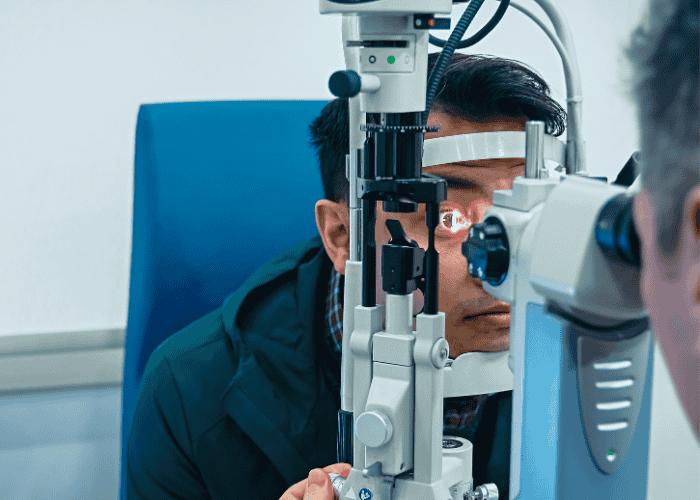

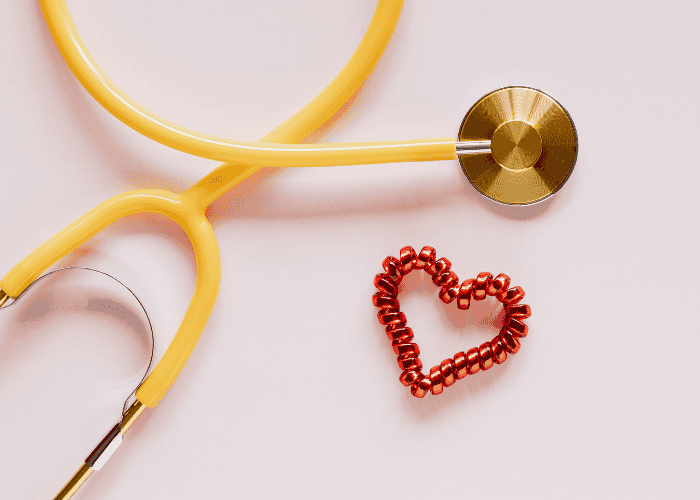

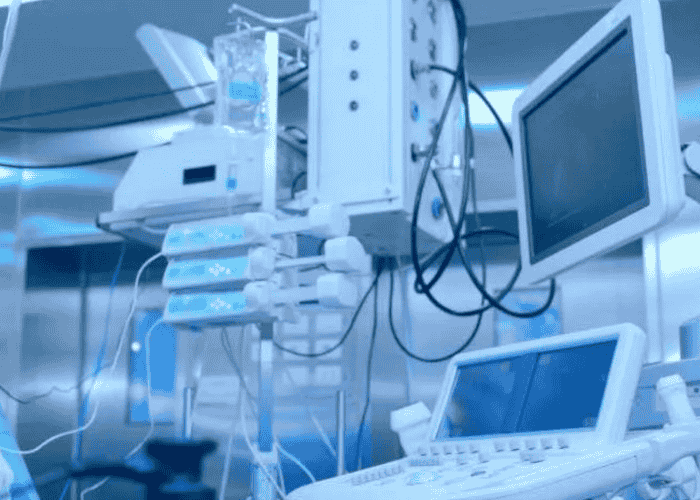


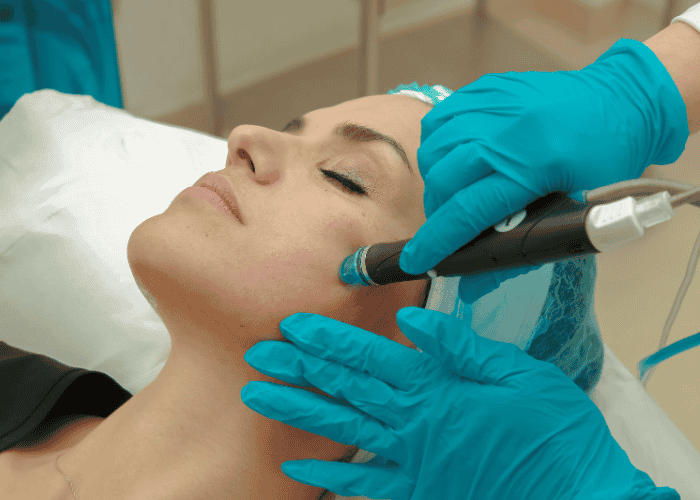

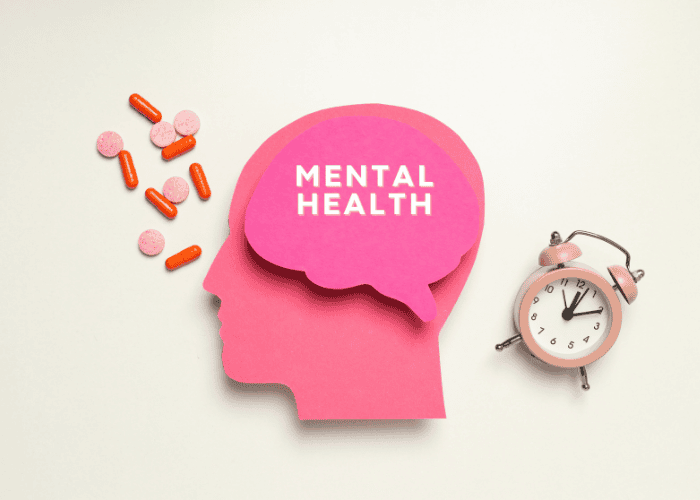

_12Jan26_122224.png)
